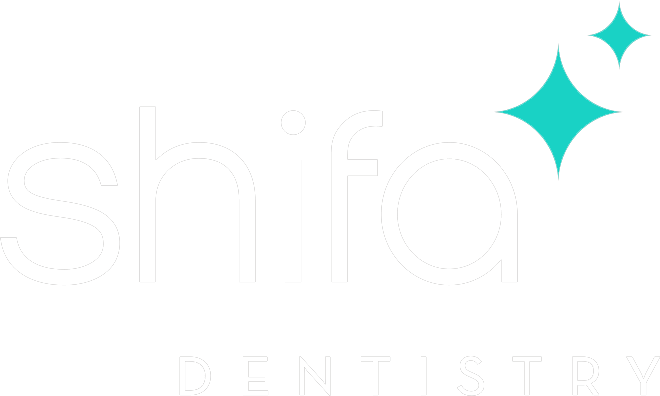You’ve got a deadline at work or school, bills and expenses piling up, social engagements to attend, sick parents to care for, plus you have children depending on you. Let’s not forget that it’s the holiday season, so you’ve got gifts to buy and family gatherings to plan. You are sleeping less and are feeling overworked, exhausted, and overwhelmed. If you can relate to this common scenario, chances are you are juggling many different roles and responsibilities, and you are feeling burnt out.
Something to keep in mind is each aspect of your life affects the other. If you are feeling overwhelmed, and you aren’t finding healthy ways to deal with it, you may wind up developing illnesses or preventable oral health problems.
Here are three oral health issues that could arise due to stress and some tips that can help you with your self-care journey.

1. Bruxism
At our practice, We have seen an influx of stress-related dental issues, especially among university students. The number one stress-related oral health issue we have seen with our patients is bruxism. Bruxism occurs when a person grinds or clenches their teeth. This may happen when a person is feeling stressed or while they are asleep. In the early stages, patients may not detect the warning signs. However, a dentist will be able to spot cracked teeth or gum recession, which are common symptoms. If left untreated, patients may develop TMD, sensitive teeth, and in extreme cases, they may have difficulty opening their mouths.
2. Xerostomia
Some medications that help manage stress could leave patients with Xerostomia, also known as dry mouth as a side effect. Not producing enough saliva can damage teeth because saliva washes away food and neutralizes acids that are created by plaque.
3. Periodontal (gum) disease
Tis’ the season for overindulging in alcohol, sweets, and carb-rich foods. The added stressors of the holiday season compounded with everyday responsibilities can take a toll on your immunes system. A lowered immune system increases your risk for infections and the proliferation of bacteria that cause gum disease.

Managing stress and taking charge of your oral health
Everyone handles stress differently. Here are a few points to consider when creating your self-care regime.
RELAX: Find stress management techniques that work for you and your lifestyle. Maybe it’s yoga, journaling, breathing techniques, or seeing your physician to find out what options are available. Discovering ways to decompress and getting plenty of good sleep can make a world of difference.
PHYSICAL ACTIVITY: Exercise is excellent for your physical and mental health. Something as simple as walking for 30 minutes each day or following along with a quick exercise video online can help you manage stress.
HEALTHY DIET: You are what you eat. Maintaining a balanced diet with a variety of fruits and veggies can have a positive impact on your overall wellbeing.
DENTAL HEALTH ROUTINE: Keep up with your oral health. Brush once per day and floss at least twice daily.
DENTAL VISITS: During your dental exam, your dentist can spot health issues you are unaware of. Your dentist will also be able to address your concerns and help you with preventative treatment measures.
Stress is a part of everyday life, but how we manage that pressure can determine how we feel inside and out. If you are concerned with the state of your oral health and you think stress might be a factor, schedule an appointment with your dentist. Share this post with someone who could use theses helpful tips.



